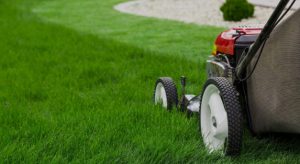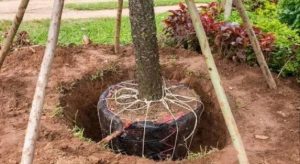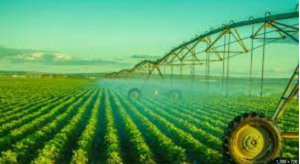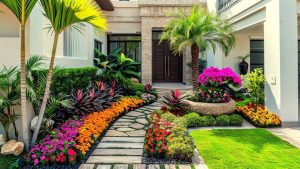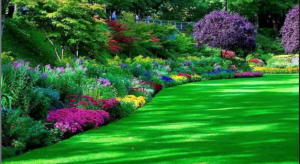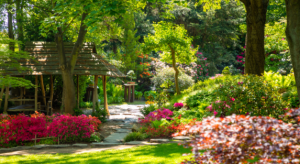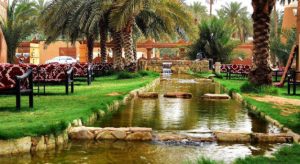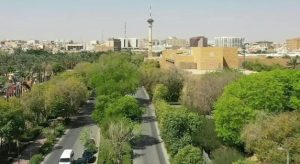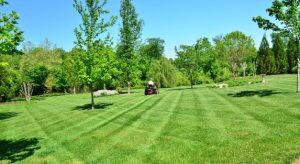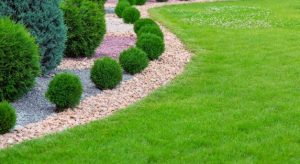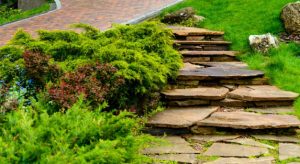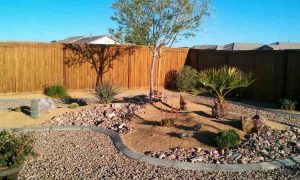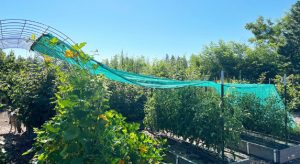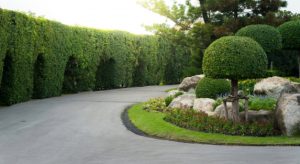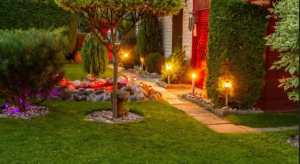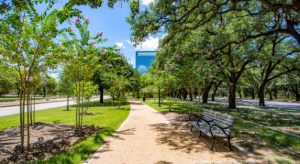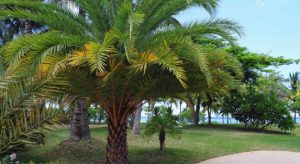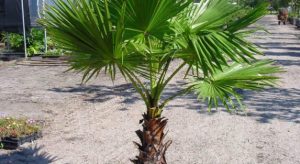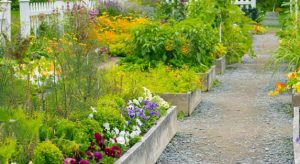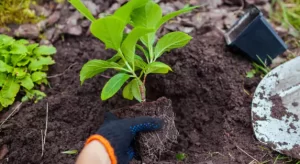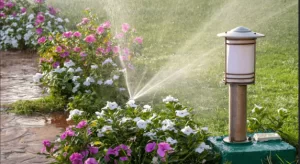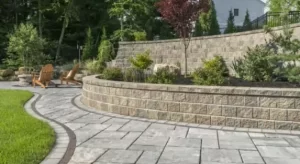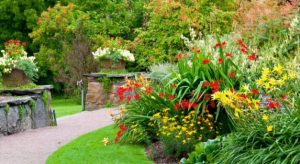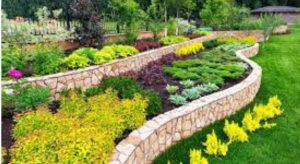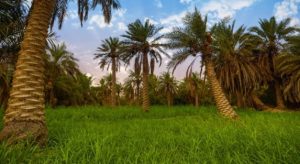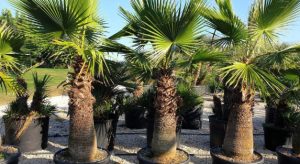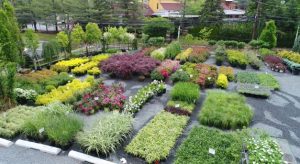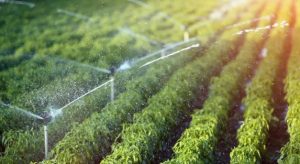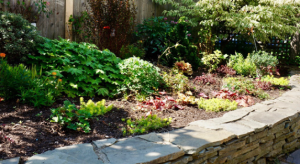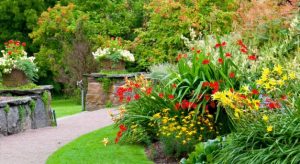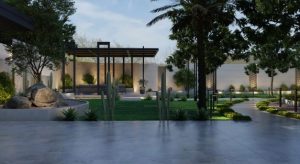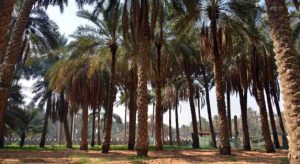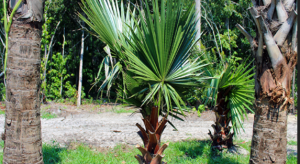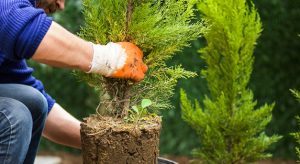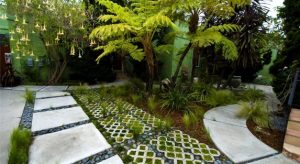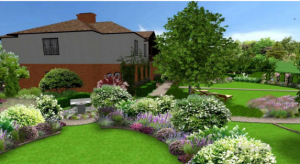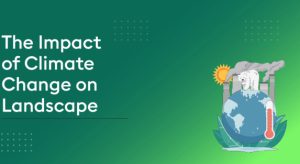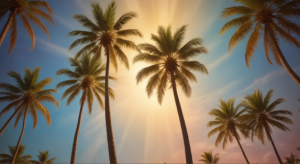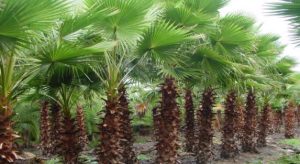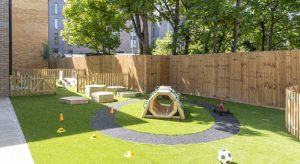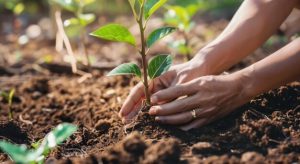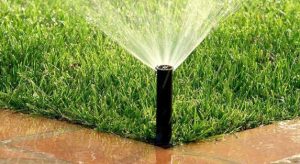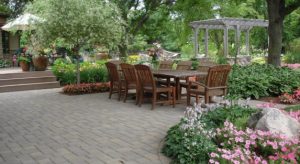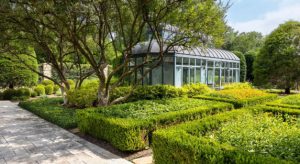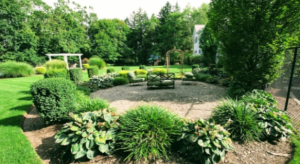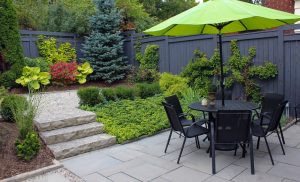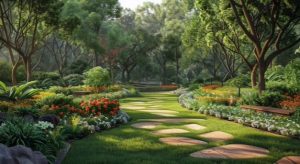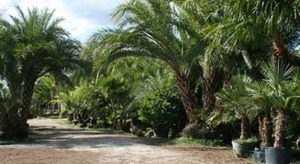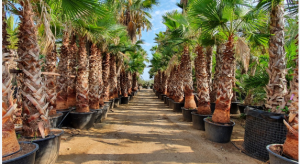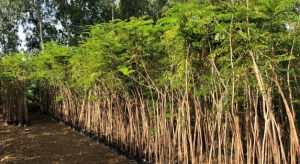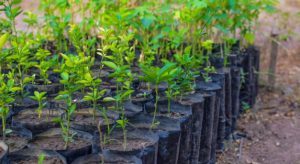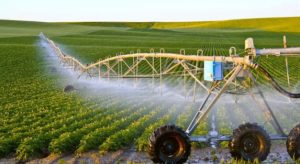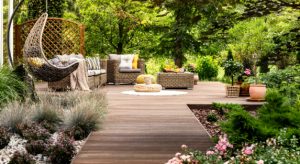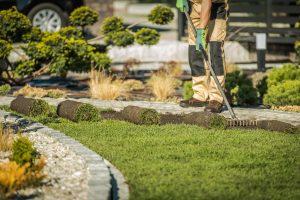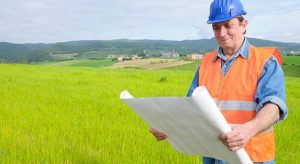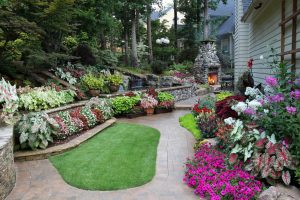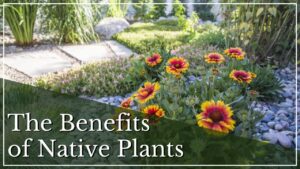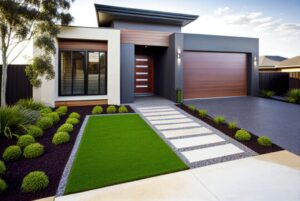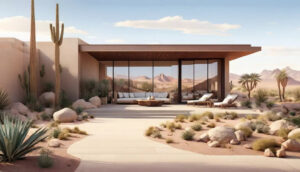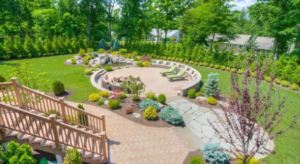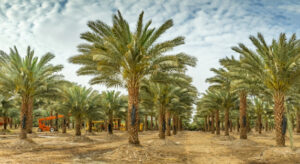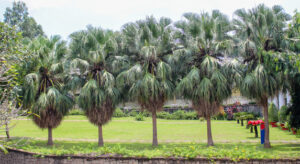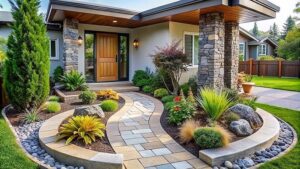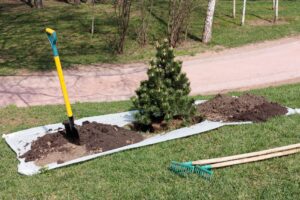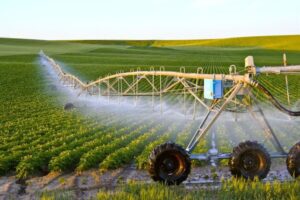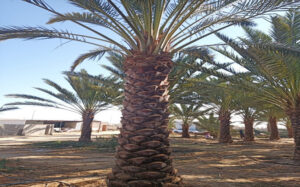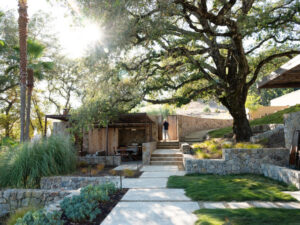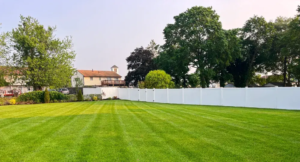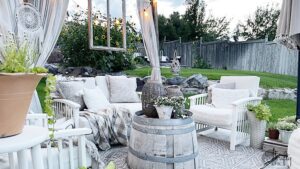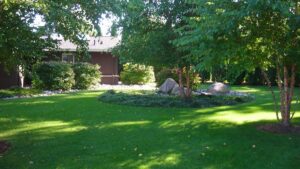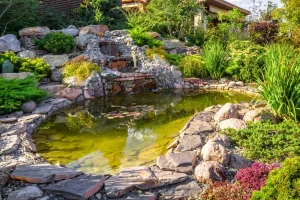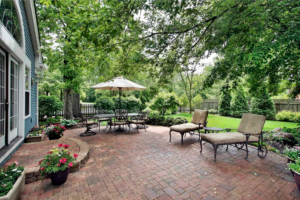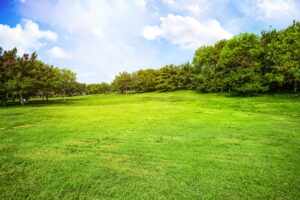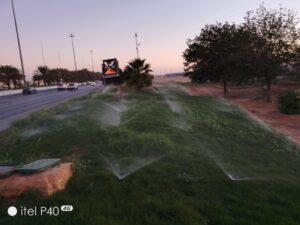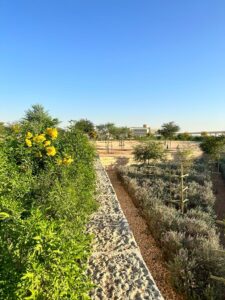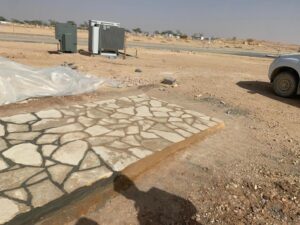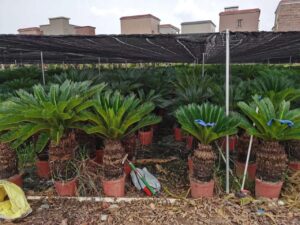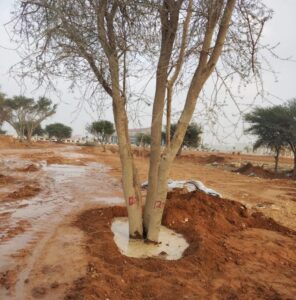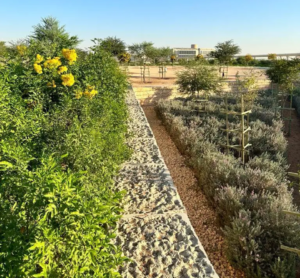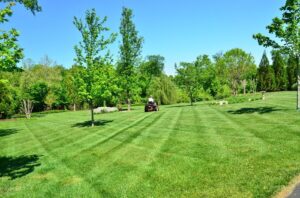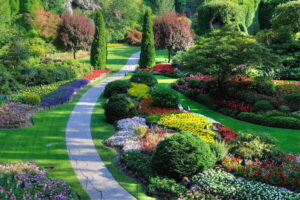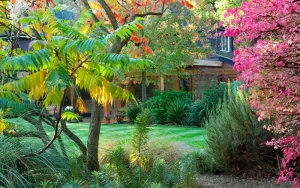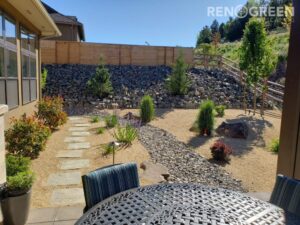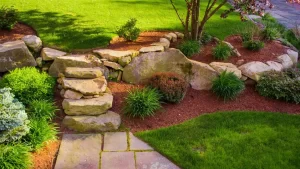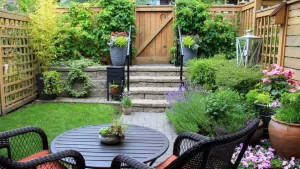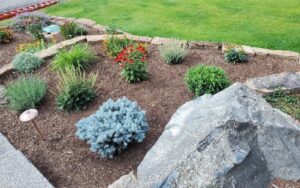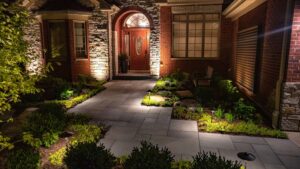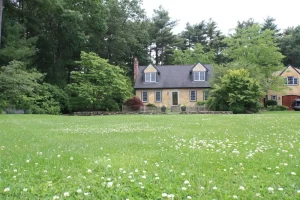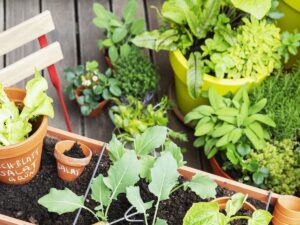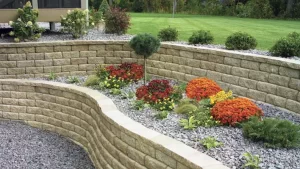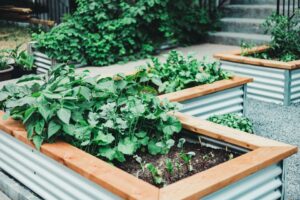The Environmental Impact of Softscape Landscaping
4 December, 2024
Introduction
Softscape landscaping is an essential component of landscaping design that focuses on the use of living materials such as plants, trees, grass, shrubs, and flowers to enhance the beauty and ecological health of outdoor spaces. In Riyadh, where harsh desert conditions dominate the landscape, the concept of softscape landscaping installation in Riyadh plays a crucial role in mitigating the challenges posed by the environment. By integrating natural elements into urban spaces, softscape landscaping offers significant environmental benefits. This article explores the environmental impact of softscape landscaping, especially in the context of Riyadh, and the positive effects it has on sustainability, biodiversity, water conservation, and overall well-being.
1. Understanding Softscape Landscaping
Before diving into the environmental benefits, it’s important to define what softscape landscaping entails. Unlike hardscaping, which involves non-living elements like rocks, pathways, and patios, softscaping focuses on plants and organic matter. It involves the strategic placement and care of plants, flowers, trees, and grasses to create aesthetically pleasing and functional outdoor spaces.
In Riyadh, softscape landscaping installation in Riyadh is vital due to the region’s arid climate, where temperatures can soar to extreme highs, and rainfall is minimal. Landscaping designs here often include drought-tolerant plants and grass varieties that are capable of thriving in the desert’s extreme conditions. These natural elements play a significant role in enhancing the city’s environment and improving the quality of life for its residents.
2. Benefits of Softscape Landscaping on the Environment
a. Biodiversity and Habitat Creation
Softscape landscaping provides habitats for various species of animals, insects, and birds. In Riyadh, where the natural desert habitat is often scarce due to urbanization, creating green spaces through landscaping helps promote biodiversity. Native plants, shrubs, and trees attract local wildlife, providing food and shelter. For example, flowering plants can attract pollinators like bees and butterflies, which are vital for the ecosystem.
Through softscape landscaping installation in Riyadh, designers can introduce a variety of plants that are both indigenous and adaptive to the region’s climate, ensuring the conservation of local biodiversity while also fostering new ecological communities. Green spaces also promote soil health, which can lead to healthier ecosystems and support a diverse range of plant and animal life.
b. Carbon Sequestration and Climate Regulation
Plants act as natural carbon sinks, absorbing carbon dioxide from the atmosphere and releasing oxygen. Trees, in particular, are highly effective at sequestering carbon and combating climate change. The integration of trees and large shrubs into softscape landscaping can help mitigate the urban heat island effect, where cities experience higher temperatures than surrounding rural areas due to concrete and asphalt absorbing and retaining heat.
In Riyadh, softscape landscaping installation in Riyadh plays a critical role in cooling the surrounding environment. The shade provided by trees and the cooling effect of plant transpiration can lower temperatures, reducing the reliance on air conditioning in urban areas. This, in turn, can lead to energy savings and a reduction in greenhouse gas emissions. The cooling effects of softscape landscaping are especially crucial in desert environments, where extreme temperatures can become unbearable.
c. Water Conservation
Water is one of the most precious resources in Riyadh due to the city’s desert climate and limited water supply. Softscape landscaping, when done correctly, can significantly reduce water usage. The selection of drought-tolerant plants and native species that require minimal water is a central aspect of softscape landscaping installation in Riyadh.
By focusing on water-efficient plants like succulents, cacti, and certain types of grasses, landscaping professionals in Riyadh can help minimize water consumption. Additionally, the strategic placement of plants can reduce evaporation rates, as the natural shade created by trees and shrubs prevents the soil from drying out quickly. Proper irrigation techniques, such as drip irrigation, can further reduce water waste and ensure that plants receive only the necessary amount of water.
d. Erosion Control and Soil Health
In desert environments, soil erosion can be a significant concern. Softscape landscaping helps prevent soil erosion by stabilizing the ground with plant roots that anchor the soil in place. In Riyadh, where sandstorms and wind erosion are common, using ground cover plants, grasses, and shrubs can help maintain the integrity of the soil.
The installation of softscape elements also improves soil health. Plants release organic matter into the soil, enriching it with nutrients and enhancing its structure. This, in turn, leads to better water retention, reduced runoff, and a healthier environment for both plant and animal life.
e. Waste Reduction and Natural Pest Control
By incorporating plants that are naturally resistant to pests, softscape landscaping helps reduce the need for chemical pesticides, which can be harmful to both the environment and human health. For example, certain herbs and plants like lavender and marigolds naturally repel insects, reducing the reliance on harmful chemicals that could leach into the soil and water systems.
In addition to reducing the need for chemicals, softscape landscaping helps reduce the amount of organic waste generated by urban areas. The natural decomposition of plant matter adds valuable nutrients back into the soil, reducing the need for synthetic fertilizers and improving the overall health of the land.
3. The Role of Softscape Landscaping in Urban Planning
As Riyadh continues to grow and develop, urban planning that incorporates softscape landscaping becomes crucial for creating sustainable and livable cities. Urban green spaces provide essential services, including recreational areas for residents, and can improve mental and physical health. Green spaces also serve as stormwater management systems, helping to absorb excess rainwater during rare but intense rainstorms and reducing the risk of flooding.
Incorporating softscape elements in urban planning can help Riyadh transition to a more sustainable city, fostering better air quality, reducing heat island effects, and enhancing overall quality of life for residents. Proper softscape landscaping installation in Riyadh ensures that these areas are not only aesthetically pleasing but also functional, promoting environmental sustainability.
4. Challenges in Softscape Landscaping in Riyadh
a. Water Scarcity
Despite the benefits of softscape landscaping, one of the major challenges faced in Riyadh is water scarcity. While drought-tolerant plants can reduce the need for frequent irrigation, maintaining lush, green landscapes still requires significant water resources. Efforts are being made to use treated wastewater for irrigation, but the challenge of balancing the aesthetic appeal of softscape elements with the city’s limited water supply remains.
b. Extreme Climate Conditions
Riyadh’s extreme heat, coupled with minimal rainfall, makes traditional landscaping practices difficult. However, with the help of innovative softscape landscaping installation in Riyadh, landscaping designers are focusing on climate-appropriate plant species and sustainable design practices that minimize the need for artificial inputs like chemical fertilizers and pesticides.
c. Soil Quality
The quality of soil in Riyadh’s desert environment can also be a limiting factor in landscaping. Designers must account for poor soil quality, low organic matter, and high salinity. By improving soil conditions through composting, mulching, and soil amendment techniques, the environmental impact of softscape landscaping can be enhanced.
5. Future Trends in Softscape Landscaping
Looking ahead, the future of softscape landscaping installation in Riyadh is closely tied to sustainability, innovation, and the changing needs of urban residents. Some emerging trends in softscape landscaping include:
- Sustainable Plant Selection: The use of native, drought-tolerant plants will continue to grow as the city prioritizes water conservation and eco-friendly landscaping practices.
- Green Roofs and Vertical Gardens: Urban areas are increasingly adopting green roofs and vertical gardens as innovative ways to integrate softscape elements into cityscapes while maximizing limited space.
- Smart Landscaping: The use of smart irrigation systems and sensors will allow for more efficient water usage, reducing waste and promoting sustainability.
Conclusion
The environmental impact of softscape landscaping is profound, particularly in arid regions like Riyadh. Through thoughtful design and installation, softscape landscaping installation in Riyadh can help mitigate climate challenges, conserve water, enhance biodiversity, and improve urban living conditions. As Riyadh continues to expand, integrating green spaces into urban planning will be essential for creating a sustainable, livable environment that meets the needs of both the residents and the natural ecosystem. By focusing on environmentally conscious landscaping practices, Riyadh can set an example for other cities in the region on how to create beautiful, functional, and sustainable urban spaces.
- Fountain and Waterfalls
- Gardening
- hardscape
- Irrigation system
- Landscape
- Lawn
- Nursery
- Palm Tree
- Plantation and Maintenance
- softscape
- Tree Transplanting
- Washingtonian Tree
Categories
Latest Post
- Fountain and Waterfalls
- Gardening
- hardscape
- Irrigation system
- Landscape
- Lawn
- Nursery
- Palm Tree
- Plantation and Maintenance
- softscape
- Tree Transplanting
- Washingtonian Tree





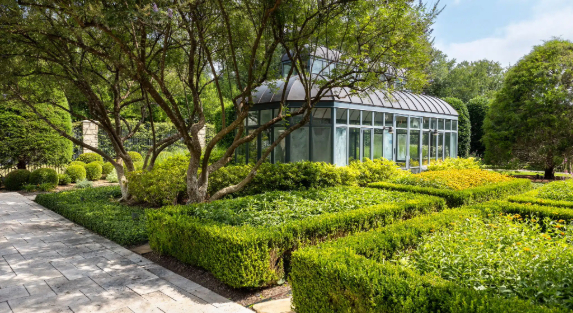
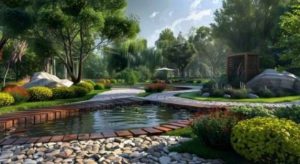
 .
.